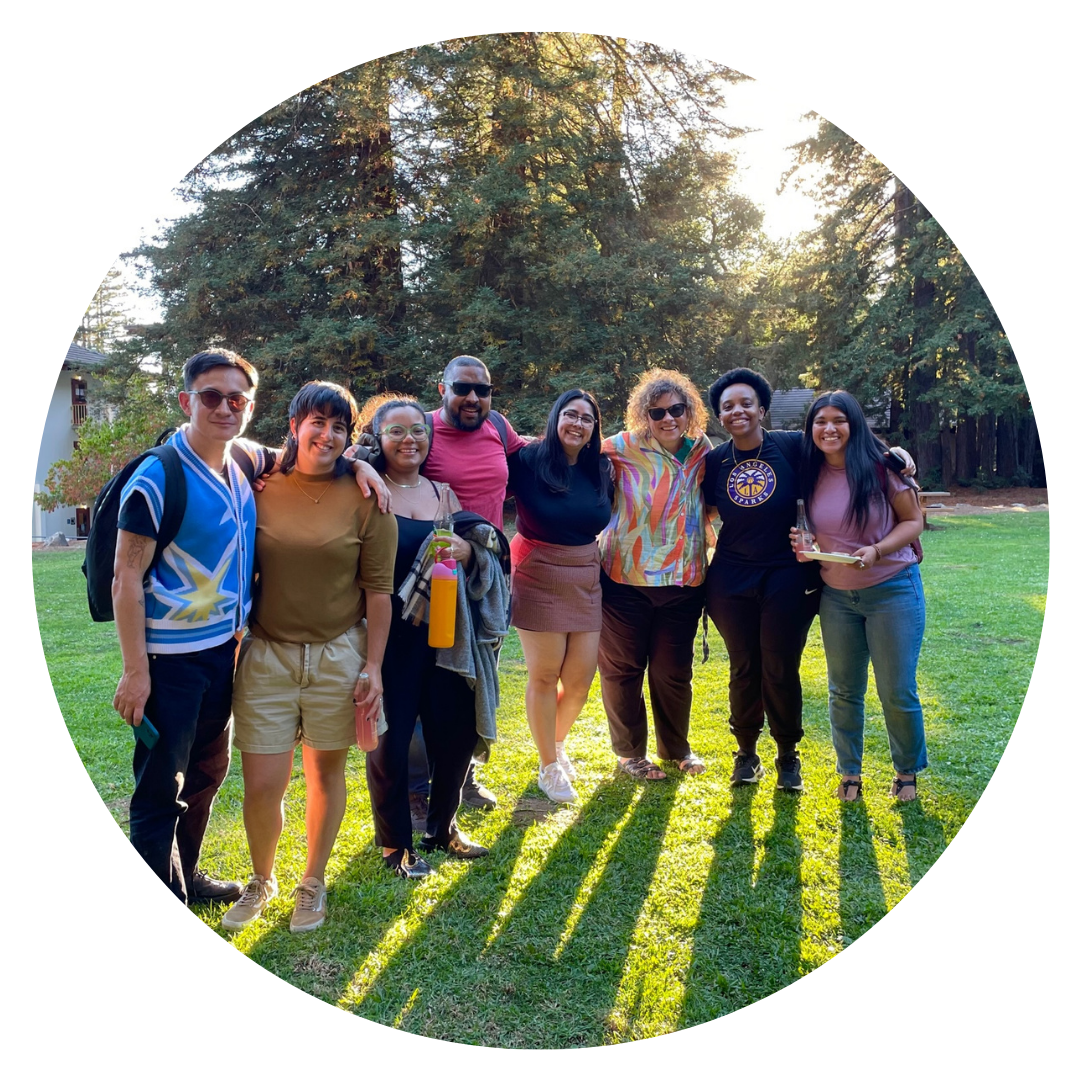Doctoral Program in Latin American and Latino Studies
 The Ph.D. program in Latin American and Latino Studies (LALS) at UCSC offers a transnational and interdisciplinary approach to the study of the peoples, cultures, societies and institutions of the Américas.
The Ph.D. program in Latin American and Latino Studies (LALS) at UCSC offers a transnational and interdisciplinary approach to the study of the peoples, cultures, societies and institutions of the Américas.
The Doctoral Program in LALS accepts applications from prospective students each fall. The department also supports a Graduate Designated Emphasis, open to any current graduate student at UCSC.
The application becomes available yearly on October 1 with a due date in early December (check the application for the current deadline date). We have a page dedicated to some Frequently Asked Questions about the application; please check it out!
More information for Prospective LALS Graduate Students
Candidates for admission must possess a B.A. or B.S. degree from an accredited institution or equivalent before enrolling. We expect most students to have majored or minored in a social science or humanities discipline, or an interdisciplinary field such as Latin American Studies, Chicano/Latino Studies, American Studies, or Ethnic Studies. Applicants must submit an official transcript, a statement of intellectual and professional goals, including an explanation of how the UCSC program would contribute to those goals, a substantial writing sample (approximately 10-15 pages), and three letters of recommendation. Candidates should have at least a 3.5 grade point average. International applicants must provide evidence of sufficient English language ability, as required by the Graduate Division.
Students are only admitted to the doctoral program.
The program requires significant reading, writing, and speaking abilities in both English and Spanish, unless the student plans to work in Brazil or with Brazilian migrants, in which case they must demonstrate proficiency in English and Portuguese. By the completion of the Qualifying Examination, students are required to demonstrate their proficiency in a language other than English. Proficiency is defined here as the ability to carry out field research, translate and fully comprehend texts in the original language. The capacity to communicate effectively in an academic setting in the second language is highly desirable. Some students’ research projects may require command of a third language, such as an indigenous language. These students will have to demonstrate proficiency in a third language by completing language instruction at another institution or by an examination with a LALS principal faculty member.
